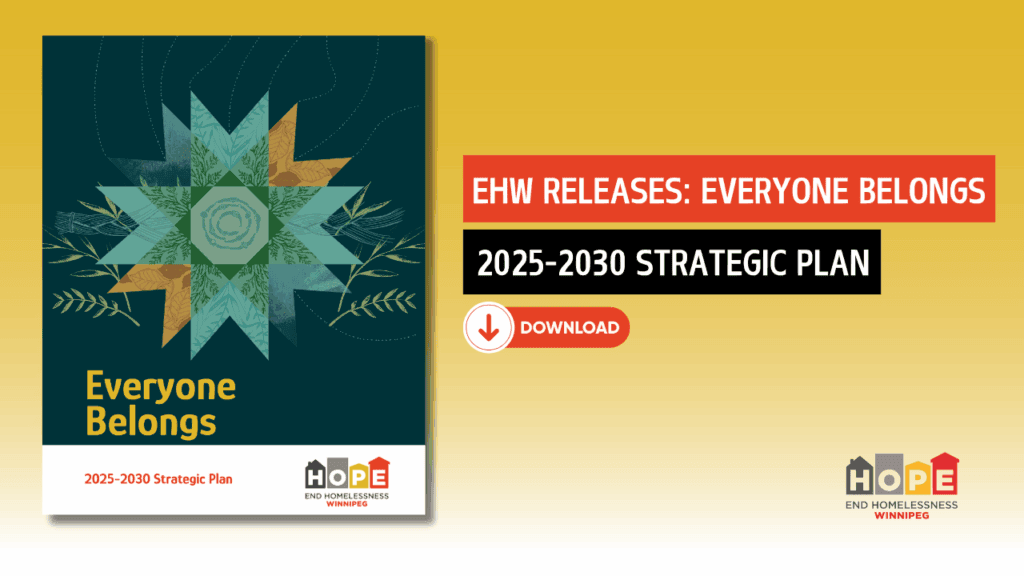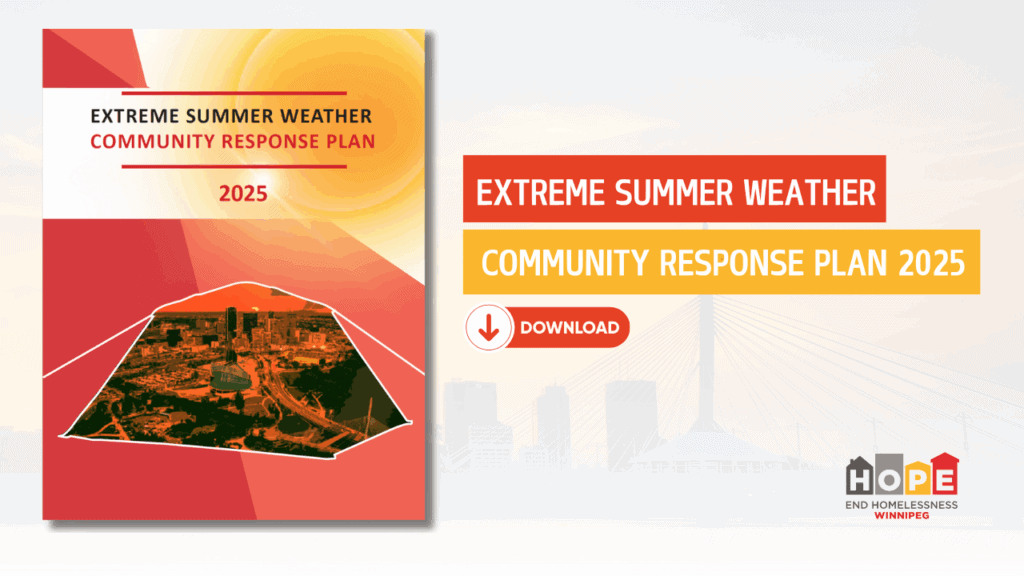
End Homelessness Winnipeg is developing the Winnipeg Affordable Housing Strategy; a community-informed guide to expanding safe, suitable, and affordable housing options across the city.
We’re inviting you to share your voice through a short community survey. Whether you’ve experienced housing insecurity, precarious housing, or are currently navigating houselessness, your input is vital in identifying the real challenges and solutions that matter most.
Complete the survey by Sunday, August 31, 2025, for a chance to win a $100 Walmart gift card.
Help Shape Winnipeg’s Affordable Housing Future. Together, we can build a housing system where everyone belongs.



 The department reserves the right to shortlist and contact any or all proponents to clarify their EOI and to select EOIs which best meet the established requirements.
The department reserves the right to shortlist and contact any or all proponents to clarify their EOI and to select EOIs which best meet the established requirements.